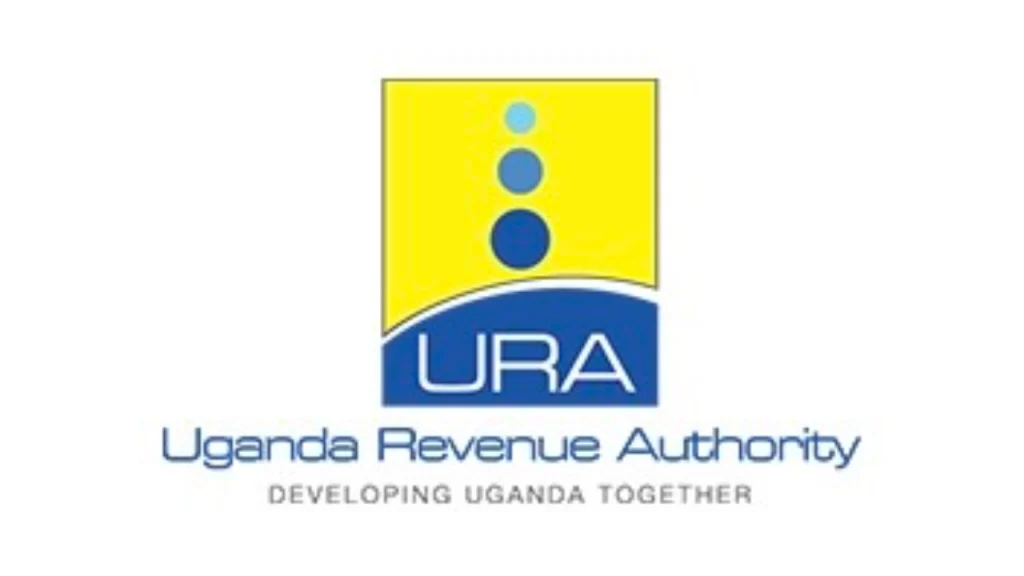- The URA’s digital initiatives aim to reduce fraud and ensure transparency.
- A focus on e-filing and automation reflects global trends in tax administration.
The Uganda Revenue Authority (URA), established in 1991, plays a critical role in the country’s fiscal stability. Tasked with collecting taxes and ensuring compliance, the URA contributes significantly to Uganda’s national budget. However, as with many tax agencies globally, the URA faces the challenge of managing an increasingly complex, dynamic economy. To address these challenges, the Authority is embracing a range of technological innovations aimed at improving efficiency, transparency, and taxpayer experience.
Embracing e-taxation
The URA has been at the forefront of digital transformation in Uganda’s public sector. In recent years, the agency has introduced several e-taxation systems designed to make tax filing and payment more accessible. The introduction of the Electronic Tax Register (ETR) system, for instance, has allowed businesses to electronically record transactions and submit VAT returns, reducing human errors and enabling real-time monitoring by the URA.
E-filing and electronic payment systems have also made it easier for businesses and individuals to meet their tax obligations. These initiatives are part of the URA’s broader strategy to combat tax evasion, streamline operations, and enhance taxpayer compliance. With fewer manual processes in place, the Authority is also able to free up valuable resources for auditing, enforcement, and customer service.
Also read: Infinity Broadband: Redefining fibre connectivity
Also read: iOCO: Powers eThekwini’s digital transformation
Challenges and innovations in tax administration
Despite these advances, the URA faces significant challenges. Uganda, like many developing countries, struggles with a large informal economy that often remains outside the tax net. This is exacerbated by the lack of financial literacy among some taxpayers and the difficulty in tracking cross-border transactions.
To tackle this, the URA has sought innovative solutions, including the implementation of blockchain technology and artificial intelligence (AI). These technologies have the potential to revolutionise the way the Authority tracks and collects taxes, offering more secure, transparent systems for both businesses and the government. The adoption of blockchain, for instance, could significantly reduce fraud by providing an immutable record of transactions.
At the same time, the URA is committed to further simplifying the tax process to encourage voluntary compliance. Public awareness campaigns, focused on the importance of taxation in national development, have also been ramped up.
As the Authority continues to innovate and digitise, its success will largely depend on its ability to balance technological advancements with on-the-ground realities in a fast-evolving economic landscape.

